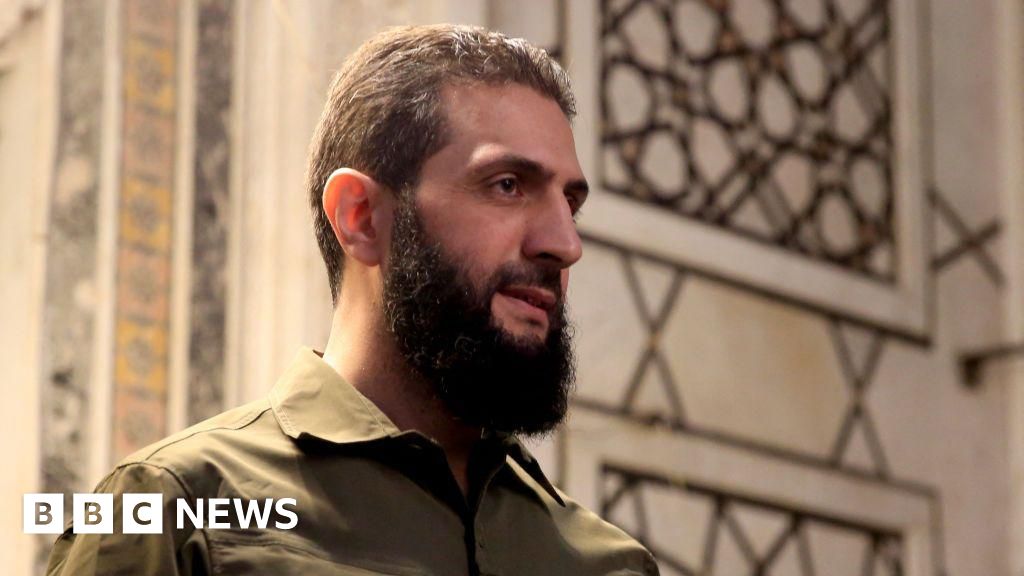- A Ukrainian girl makes use of porn and gambling web pages to tell the fact about Putin’s war in Ukraine.
- Anatasiya Baydachenko, CEO of Ukraine’s IAB, suggests the blocking costs on these sites are lower.
- Index on Censorship editor-in-main says you should “toss everything at it” to combat misinformation.
Russia’s invasion of Ukraine has pressured thousands and thousands to consider up arms versus Vladimir Putin’s forces, but many others are combating in significantly less regular approaches. Anastasiya Baydachenko is between them.
The chief govt of the Interactive Promotion Bureau (IAB) Ukraine is working with adverts showcasing even now photographs as very well as online video on porn and gambling web-sites in a bid to tell Russians and Belarusians the reality about the conflict in Ukraine.
Baydachenko explained to Insider that marketing on these internet sites built sense since it was effortless and cost-effective and greater the opportunity of Russians and Belarusians looking at them.
Despite lacking a tracking procedure to evaluate success, she thought about 80% attained Russians and Belarusians. “Adult and gambling websites have a Russian audience, and advertisement platforms can provide us this visitors.”
Even though the outreach was not much too major, “it is a person extra instrument” that should not be dismissed, Baydachenko claimed. “We strongly feel that we really should try to supply truthful messages to individuals who have been under many years of point out propaganda.”
Insider documented shortly immediately after the invasion that Putin’s disinformation was so effective lots of Ukrainians could not influence their personal families in Russia they were beneath assault.
Reduced ad-blocking costs are lower on these internet websites, she reported, when compared with even bigger internet sites such as YouTube that have groups of moderators. Her greatest problem is funding, even so.
Baydachenko reported applying porn sites was a excellent way to access Russians, but did not exclude significantly much larger platforms operated by Meta and Google even if their stricter policies made them more hard to do so.
Jemimah Steinfeld, the editor-in-chief of Index on Censorship, a nonprofit that strategies for free of charge expression, said that to fight censorship, you need to have to “throw almost everything at it.”
She warned, nevertheless: “We really should also be mindful that when adverts on the war are witnessed they might not generally have the intended reception.
“When you’ve got been offered a one-sided story, the other aspect could just be dismissed as propaganda. It can be for this purpose that those putting advertisements in Russia may possibly find more tales that are more challenging to dismiss – like inflation.”
“Undoubtedly in the scenario of Facebook, it was viewed as a large adequate risk that Russia moved to block it,” Steinfeld claimed.
Indeed, Russia criticized Fb for “proscribing the official accounts of four Russian media shops,” Roskomnadzor, Russia’s tech and communications regulator, reported the day soon after Putin’s forces invaded Ukraine.
Steinfeld added: “We have found that social media can perform towards cost-free expression – algorithms can be blunt resources, blocking as significantly critical info as they do misinformation. But, we should not undervalue its position in phrases of informing us on warfare and human legal rights violations.”
In May, Insider documented that Russian officers invested $8 million on VPNs that allow them dodge the country’s online censorship.
Baydachenko added: “You will find no independent media and media typically named as opposition or substitute are at minimum partly – if not entirely – directed from the state. There are no information on air, only recording – that’s why we just maintain a smile even though examining about opportunistic Tv information editor coming to air with a poster.”
Marina Ovsyannikova, an editor at Russia’s state Channel Just one tv had interrupted the channel’s most important news programme on March 14 with a signal declaring: “Will not consider the propaganda. They are lying to you listed here.”
Baydachenko concluded: “I am certain that Russia employs the similar solutions as the previous KGB: blackmail, torture, psychological force, and a lot more to make journalists obedient.”
- A Ukrainian girl makes use of porn and gambling web pages to tell the fact about Putin’s war in Ukraine.
- Anatasiya Baydachenko, CEO of Ukraine’s IAB, suggests the blocking costs on these sites are lower.
- Index on Censorship editor-in-main says you should “toss everything at it” to combat misinformation.
Russia’s invasion of Ukraine has pressured thousands and thousands to consider up arms versus Vladimir Putin’s forces, but many others are combating in significantly less regular approaches. Anastasiya Baydachenko is between them.
The chief govt of the Interactive Promotion Bureau (IAB) Ukraine is working with adverts showcasing even now photographs as very well as online video on porn and gambling web-sites in a bid to tell Russians and Belarusians the reality about the conflict in Ukraine.
Baydachenko explained to Insider that marketing on these internet sites built sense since it was effortless and cost-effective and greater the opportunity of Russians and Belarusians looking at them.
Despite lacking a tracking procedure to evaluate success, she thought about 80% attained Russians and Belarusians. “Adult and gambling websites have a Russian audience, and advertisement platforms can provide us this visitors.”
Even though the outreach was not much too major, “it is a person extra instrument” that should not be dismissed, Baydachenko claimed. “We strongly feel that we really should try to supply truthful messages to individuals who have been under many years of point out propaganda.”
Insider documented shortly immediately after the invasion that Putin’s disinformation was so effective lots of Ukrainians could not influence their personal families in Russia they were beneath assault.
Reduced ad-blocking costs are lower on these internet websites, she reported, when compared with even bigger internet sites such as YouTube that have groups of moderators. Her greatest problem is funding, even so.
Baydachenko reported applying porn sites was a excellent way to access Russians, but did not exclude significantly much larger platforms operated by Meta and Google even if their stricter policies made them more hard to do so.
Jemimah Steinfeld, the editor-in-chief of Index on Censorship, a nonprofit that strategies for free of charge expression, said that to fight censorship, you need to have to “throw almost everything at it.”
She warned, nevertheless: “We really should also be mindful that when adverts on the war are witnessed they might not generally have the intended reception.
“When you’ve got been offered a one-sided story, the other aspect could just be dismissed as propaganda. It can be for this purpose that those putting advertisements in Russia may possibly find more tales that are more challenging to dismiss – like inflation.”
“Undoubtedly in the scenario of Facebook, it was viewed as a large adequate risk that Russia moved to block it,” Steinfeld claimed.
Indeed, Russia criticized Fb for “proscribing the official accounts of four Russian media shops,” Roskomnadzor, Russia’s tech and communications regulator, reported the day soon after Putin’s forces invaded Ukraine.
Steinfeld added: “We have found that social media can perform towards cost-free expression – algorithms can be blunt resources, blocking as significantly critical info as they do misinformation. But, we should not undervalue its position in phrases of informing us on warfare and human legal rights violations.”
In May, Insider documented that Russian officers invested $8 million on VPNs that allow them dodge the country’s online censorship.
Baydachenko added: “You will find no independent media and media typically named as opposition or substitute are at minimum partly – if not entirely – directed from the state. There are no information on air, only recording – that’s why we just maintain a smile even though examining about opportunistic Tv information editor coming to air with a poster.”
Marina Ovsyannikova, an editor at Russia’s state Channel Just one tv had interrupted the channel’s most important news programme on March 14 with a signal declaring: “Will not consider the propaganda. They are lying to you listed here.”
Baydachenko concluded: “I am certain that Russia employs the similar solutions as the previous KGB: blackmail, torture, psychological force, and a lot more to make journalists obedient.”



